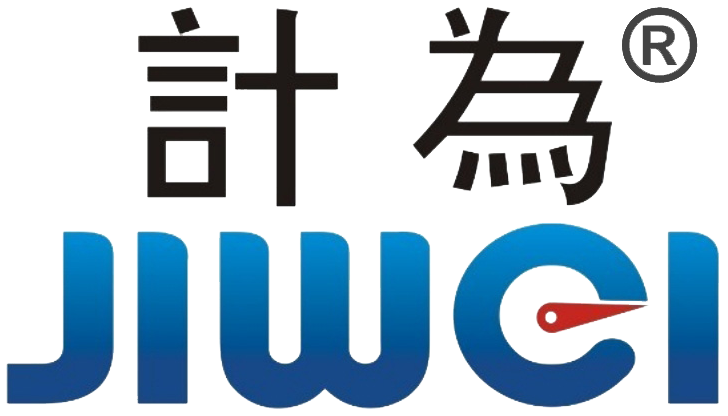Benefits of CMMS in Manufacturing
Manufacturing equipment is often a substantial investment, and replacing machines every time a fault occurs is neither practical nor economical. More critically, unexpected downtime directly impacts production schedules and can erode a company’s profitability. For plants still relying on reactive maintenance strategies, adopting a proactive approach is essential. Implementing a CMMS (Computerized Maintenance Management System) provides an effective solution, enabling better operational oversight and reducing equipment failures.
Below, we explore five major benefits that manufacturing plants can gain by implementing CMMS.
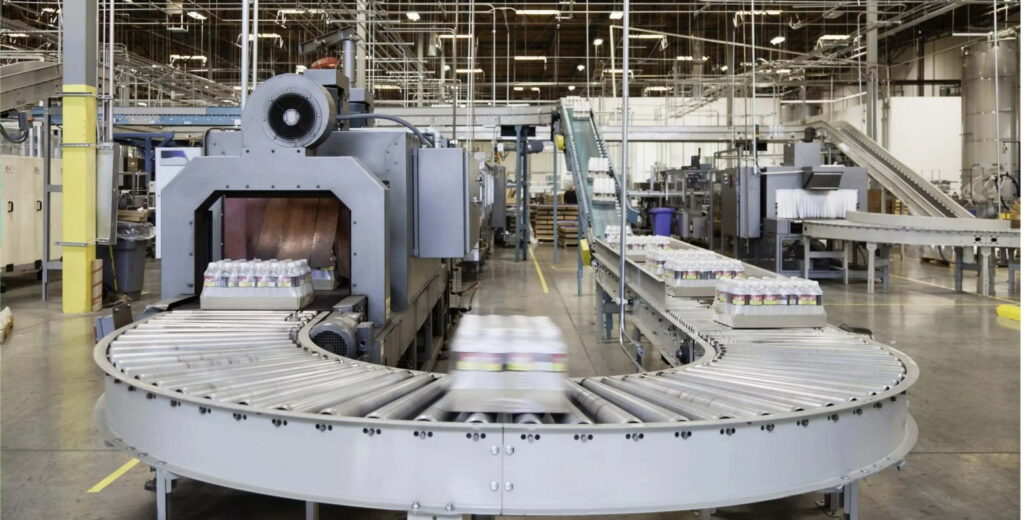
1. Proper Maintenance of Equipment
Large-scale machinery forms the backbone of any manufacturing plant. Improper maintenance can lead to substandard performance and the production of defective products, potentially resulting in dissatisfied customers, order cancellations, and financial losses.
A CMMS allows plants to schedule preventive maintenance systematically. Maintenance tasks, including inspections, lubrication, calibration, and part replacements, can be tracked and organized in advance. Even when unexpected issues arise, maintenance staff can quickly access detailed equipment histories, warranty information, and manufacturer specifications through the CMMS. Additionally, inventory management features ensure that spare parts are available when needed, preventing delays caused by missing components. Overall, this approach reduces downtime and ensures machinery remains in optimal working condition.
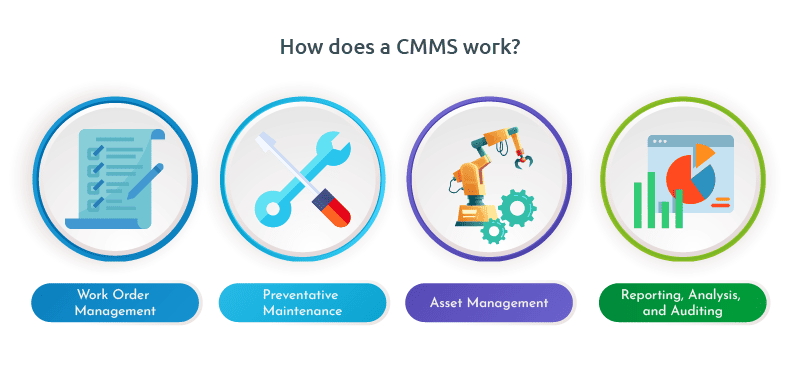
2. Enhanced Productivity
CMMS software streamlines maintenance procedures, allowing technicians to access step-by-step instructions, tool requirements, and parts lists without delay. By eliminating guesswork and unnecessary interruptions, maintenance personnel can complete tasks efficiently. This not only increases the uptime of equipment but also enhances overall plant productivity, as less time is lost to equipment failure or prolonged maintenance cycles.
3. Data-Driven Maintenance Decisions
One of the key strengths of CMMS is its ability to collect and analyze maintenance-related data. Maintenance managers can monitor key performance indicators (KPIs), track historical trends, and identify recurring issues with equipment, staffing, or inventory. This data enables informed decision-making, helping management optimize resources, improve planning, and clearly report maintenance performance to senior executives.
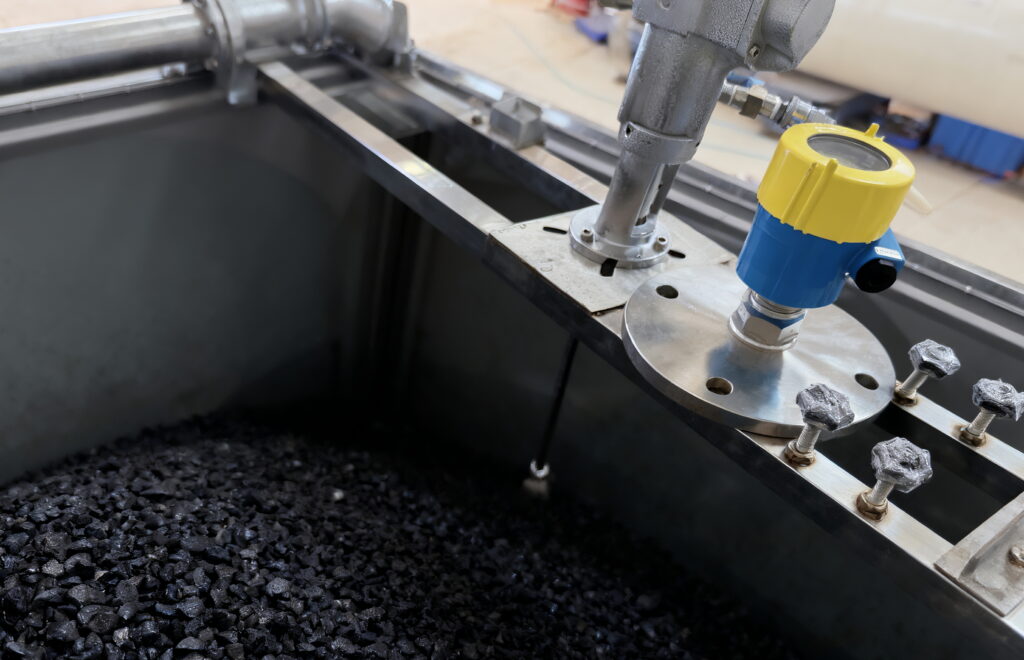
4. Reduced Downtime and Maintenance Costs
Every piece of equipment in a manufacturing facility plays a critical role in production continuity. A failure in even one unit can disrupt operations and delay deliveries. Through preventive maintenance facilitated by CMMS, the frequency and severity of equipment breakdowns are minimized. Reduced downtime translates to lower repair costs, improved productivity, and measurable financial savings. By keeping assets in optimal condition, CMMS ensures maximum operational efficiency, allowing plants to maintain steady production levels.
5. Regulatory Compliance and Safety
Manufacturing industries must comply with various regulations concerning workplace safety, product quality, and environmental standards. A CMMS provides a digital record of all maintenance activities, inspections, and calibrations, supporting compliance audits and helping avoid penalties. For industries with high regulatory demands—such as pharmaceuticals, chemicals, and food processing—this capability is especially valuable, ensuring safety standards are consistently met.
Integrating Jiwei Products into Predictive Maintenance
Although Jiwei Automations currently does not offer a full CMMS solution, its products, including JWrada® radar level meters, Tube-11 vibrating rod level switches, and Ring-11 tuning fork level switches, support intelligent maintenance practices. These instruments enable remote monitoring, real-time data logging, and alarm integration, providing immediate feedback on material levels, equipment status, and abnormal conditions.
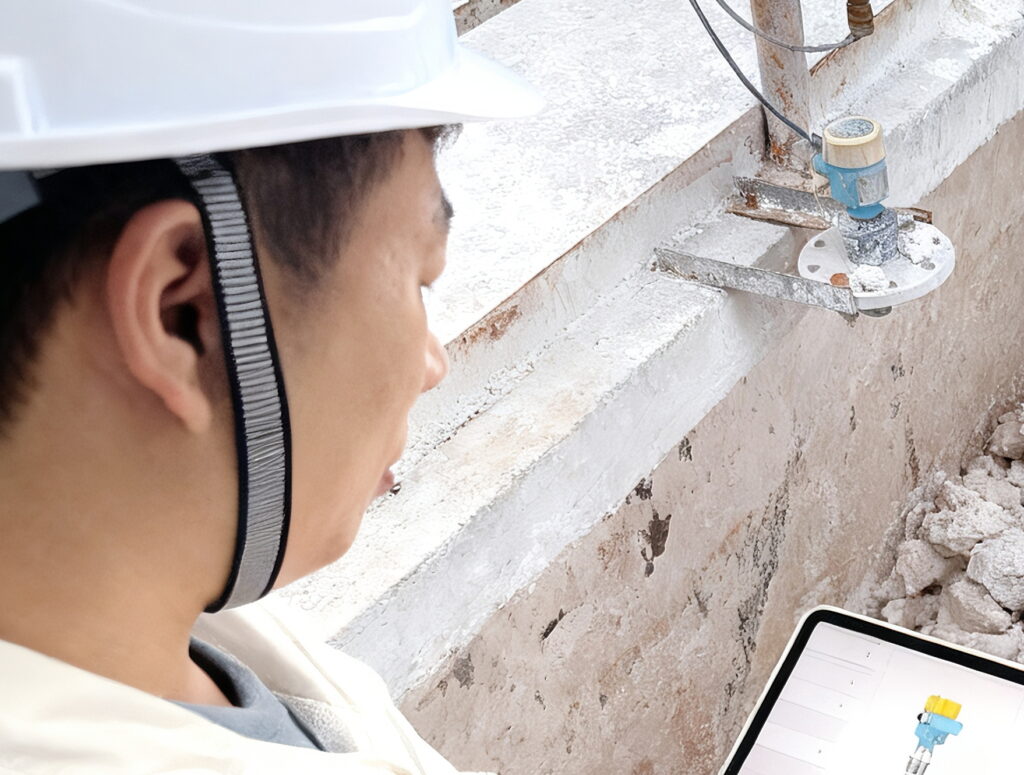
Over time, accumulated data from these devices can inform predictive maintenance strategies, reduce manual inspections, and lay the groundwork for future CMMS or EAM (Enterprise Asset Management) integration. Even without a complete CMMS, deploying Jiwei products allows manufacturers to experience proactive maintenance, minimized downtime, and increased efficiency, while progressing toward a digitalized, smart factory environment.
In conclusion, while CMMS represents a long-term investment, its benefits—extended equipment life, improved productivity, reduced downtime, and enhanced compliance—can provide measurable returns. Leveraging Jiwei’s intelligent measurement devices offers a practical starting point, allowing manufacturers to move toward predictive maintenance and digital asset management even before implementing a full CMMS system.
